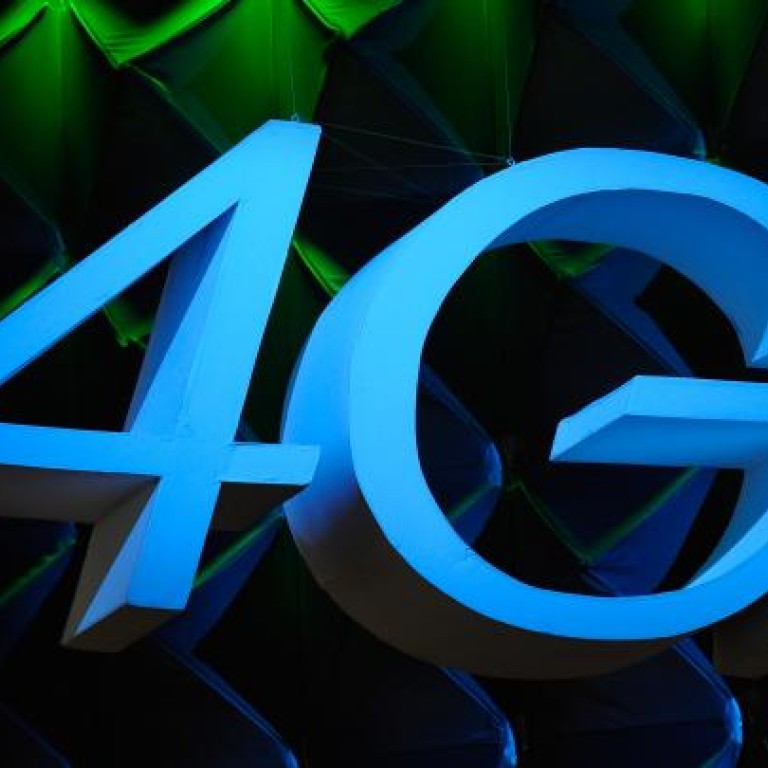With signs growing by the day that China will issue 4G licenses quite soon, perhaps by March next year, the nation's second and third largest carriers are sensing a sudden urgency to get ready for the roll-out and avoid a possible booby prize that either could easily receive. The two telcos I'm talking about of course are China Telecom (
0728.HK; NYSE: CHA) and China Unicom (
0762.HK; NYSE: CHU), both of which have suddenly begun trialing 4G technology in anticipation of the imminent issue of 4G licenses.
That development would follow non-stop lobbying for 4G licenses over the last two years by dominant rival China Mobile (
0941.HK; NYSE: CHL), which has rapidly lost market share in the mobile data market due to its use of an inferior homegrown technology for its 3G mobile network. I'll discuss the "booby prize" issue shortly, as it's also an important element behind the recent scramble by Unicom and China Mobile to quickly build out trial systems based on technology that is the natural successor to their current 3G networks.
But first let's look at the latest news, which has media reporting that China Telecom has quietly begun
building a trial network based on a globally established 4G technology called FDD-LTE in the city of Guangzhou. Unicom
publicly discussed 4G trials early as February this year, and a steady stream of reports have emerged since then that it is building trial networks based on the same FDD-LTE standard as China Telecom. By comparison, China Mobile began trialing 4G technology more than two years ago, using technology based on a standard called TD-LTE that was the natural successor to its homegrown 3G standard, a problem-plagued technology called TD-SCDMA.
Unicom and China Telecom hadn't paid much attention to 4G until recently because both previously believed the Ministry of Industry and Information Technology (MIIT), China's telecoms regulator, wouldn't issue new licenses until 2014 at the earliest. But constant lobbying by China Mobile, combined with the realisation that China was falling dangerously behind the rest of the world in mobile data services, have pressured the telecoms regulator to accelerate its timetable.
So now that we've seen why China Telecom is suddenly joining the 4G race, let's move on to the "booby prize" issue I mentioned previously. China Mobile has complained for the last three years that it is handicapped by having to build networks based on TD technology, which has multiple problems due to its newness and lack of global adoption. To help the TD technology development more quickly, China Mobile has
reportedly been lobbying the MIIT to force either Unicom or China Telecom or both to build 4G networks based on TD-LTE rather than the FDD-LTE network they would much prefer.
So this sudden rush to accelerate FDD-LTE trials by both Unicom and China Telecom also looks like their way of telling the regulator that they have no desire or intention to build TD-LTE networks when the licenses are given. Company officials from both telcos have reiterated that message on the sidelines of the 18th Party Congress taking place in Beijing this week.
(Chinese article)Of course it's the regulator's decision to ultimately decide when licenses are issued, and who gets licenses to build networks based on what technology. If I were a betting man, I would say that the regulator is probably already tired of China Mobile's constant complaining and sees no reason for more than one TD-LTE network in China. Therefore I would put the odds at better than 50 per cent that 4G licenses will be issued before the middle of next year, and that neither Unicom nor China Telecom will be forced to build 4G networks based on TD-LTE.
Bottom line: China's telecoms regulator is likely to issue 4G licenses by the middle of next year, and all three telcos could have service ready by the end of 2013.


